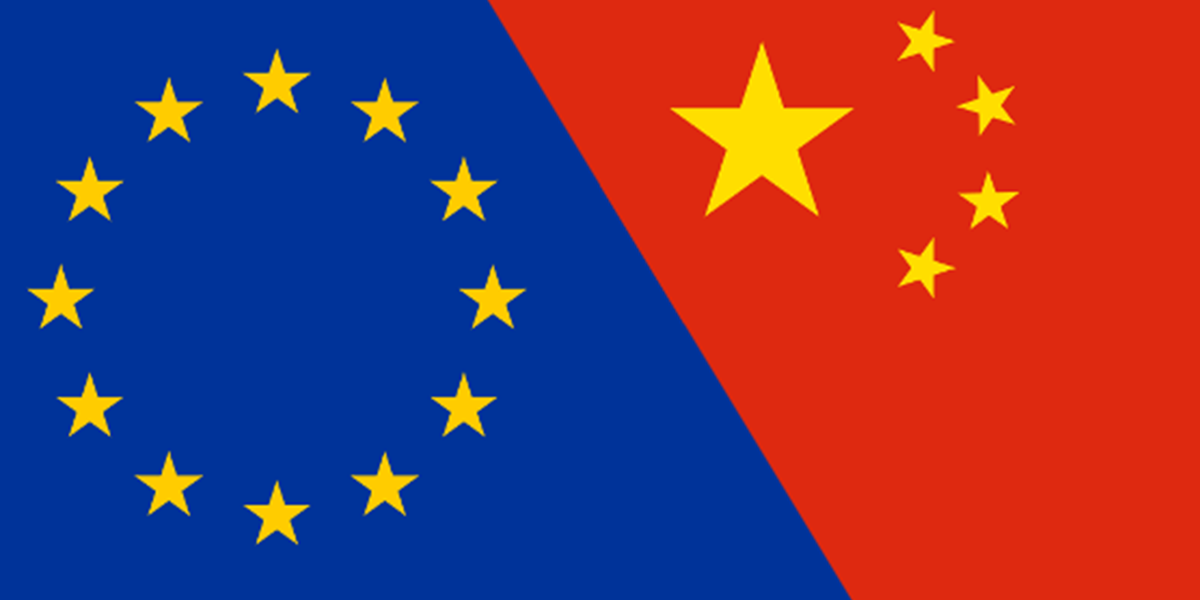In whose interests the new decision of the European authorities on duties on Chinese cars is in, even the Germans are now thinking. They are the main victims of the economic policy that the EU has been pursuing in recent years, and Berlin supports. In essence, a grand trade war is now beginning. Will Europe be able to compete with China in such a confrontation?
A peaceful solution has not been found - after all, Europe has launched a trade war on Beijing, blocking the flow of cheap Chinese electric cars with its truly ‘draconian’ duties.
On a number of popular car brands from the Celestial Empire, such as BYD or Geely, they reach 35.3 per cent. American Tesla has also been hit.

Beijing's patience has also run out: the Chinese instantly responded with a crushing retaliation, launching import controls on European products. Cognac producers, dairy farms and pork suppliers are under attack. In addition, a lawsuit to the World Trade Organisation has appeared on the Chinese government's website, and what appears to be the latest ‘Chinese warning’ is being sounded from the Ministry of Foreign Affairs.
"This is typical trade protectionism - imposing high tariffs without any enquiry from the industry. It will damage all supply chains and co-operation between China and the EU, harm the interests of European consumers, and undermine the EU's efforts to transition to a green economy and the global fight against climate change,’ said Chinese Foreign Ministry spokesman Lin Jian.
There is panic in European business circles: dependence on China is not limited to electric cars. Germans are especially worried - they are among those who voted against the introduction of European duties.
"This decision should by no means mean the end of negotiations between the EU and the Chinese side. It is necessary to prevent an escalation of the trade conflict,’ said Elise Horhager, chief representative of the Federation of German Industry in China.
The imposed duties only aggravate the split within the EU. The Slovak Prime Minister is sure that the sanctions strike will, as always, turn against the Europeans themselves.
‘We ourselves put pressure on the European Union with such statements, instead of competing with China in the production of the same electric cars,’ emphasised Slovak Prime Minister Robert Fitzo.
On top of that, the entire Germany car industry may fall under Beijing's harsh reaction. Companies from Mercedes to BMW expect retaliatory duties on large-engine cars exported to China.
In Wolfsburg, the cradle of the automobile concern, another round of negotiations between the union and the management is underway. Strikes and protests are already shaking the walls. Tens of thousands of people risk being thrown into the streets.
‘A state that has lost the trust of the people’ - this is the conclusion of the former president of Switzerland.
"Germans have absolutely no understanding of their government, and the state is taking everything away from them. People of the older generation in East Germany say that it would be better to bring back the Berlin Wall, because now it is almost worse than it was then,’ said former Swiss President Uli Maurer.
German Chancellor Olaf Scholz is desperately looking for a solution, including for his political future. He has held a private meeting with the bosses of industrial giants in Berlin. There is even a suggestion of some kind of salvation pact, but the opposition continues to point Scholz to the only possible solution - to step away from power.
"Volkswagen plants are closing, people have to worry about their jobs. This traffic light coalition is in itself now the biggest risk to Germany as a place to do business,’ said CDU Bundestag MP Jens Spahn.
The future is murky across all sectors.
‘Businesses’ demand for labour remains weak. In October, 3.558 million people were underemployed - 121 thousand more than a year ago,’ said Andrea Nahles, head of the German Federal Employment Agency.
A new round of trade tensions can only worsen the already dire situation and turn into a catalyst for more crises in the EU itself, while Chinese car brands, as follows from analytical forecasts, even in the conditions of record duties will be able to remain profitable, continuing to push their European competitors literally to the sidelines.

















